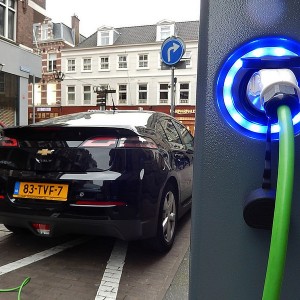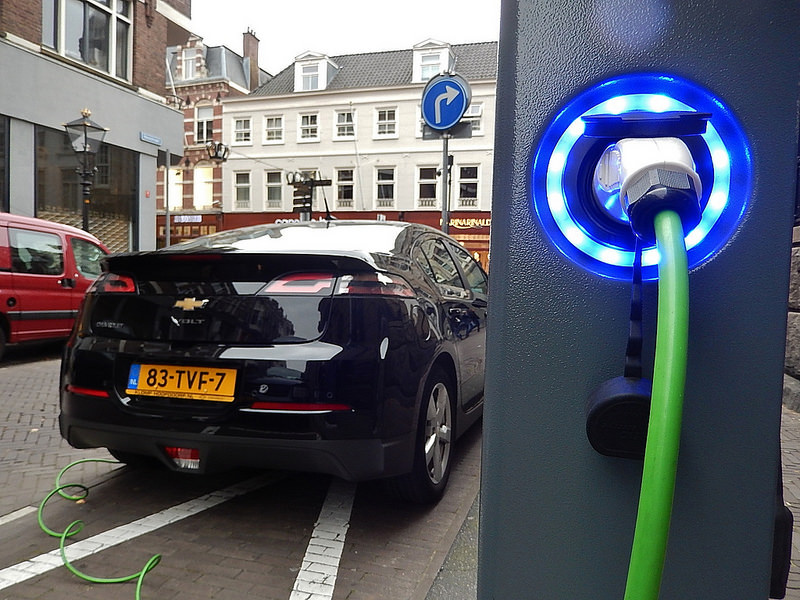The U.S. company, Seeo, funded by the Department of Energy, have recently developed batteries that can store signifcantly more energy than current electric vehicle batteries can. If these batteries are up to the task, the potential is that they could extend the range of electric cars considerably.
By using these materials developed at a U.S. Department of Energy lab, the batteries can store two times the amount of energy compared to the standard batteries in electric cars.
According to Hal Zarem, the CEO of Seeo (a start-up that uses this battery technology), if this battery technology is commercialized, it is possible to give affordable electric cars a full range of 200 miles per charge.
Batteries capable of doubling current range of electric cars
The cheapest electric cars today cost around $30,000 and they can only attain a maximum range of 100 miles. But with this innovative technology, the improved storage capacity of the electric car battery could be used to reduce the size of the battery pack by one half, and still maintain its usual driving range.
This will result in the reduction of the cost of electric cars. As it is, the cost of a conventional battery pack ranging 100 miles is approximately $10,000.
Zarem’s company, Seeo, which is based in California, has recently raised $17 million from several investors which include Samsung Ventures and plans to deliver batteries to its target customers for testing this year.
The prototype batteries produced by Seeo is classified as solid-state-batteries. That means, they have replaced the standard lithium-ion batteries with solid ones.
Seeo design replaces lithium-ion batteries with solid-state counterpart
These batteries, made of solid electrolytes, have several advantages. Seeo has developed a battery that uses pure lithium, enabling the battery to store more energy.
Other battery companies have developed batteries using pure lithium combined with solid electrolytes. However, the energy storage capacities of these batteries are usually less than the Seeo type batteries.
Solid electrolytes don’t normally conduct ions as good as liquid electrolytes. In addition, pure lithium usually forms metal filaments, or dendrites. These substances cause short circuits. Battery manufacturers resolve this problem by adding lithium ion into another material like graphite.
In the case of Seeo’s battery, the solid electrolyte that is used has two polymer layers. One layer conducts ions and is soft, while the other layer forms a physical barrier between the electrodes and is hard. Thus short circuits do not occur, since there are no dendrites or metal filaments that form.
New technology resolves limitations of previous EV battery storage
There are other companies which also produce solid-state batteries with pure lithium. However, they were forced to alter their construction which decreased the batteries’ storage capacity. This is largely due to the voltage limitations of solid electrolytes.
Seeo is not revealing its secrets on how it was able to solve that problem. The company claims that its batteries can be produced by using conventional equipment used in manufacturing lithium-ion batteries. This enabled Seeo to keep their costs down.
But some aspects about the batteries are still up in the air. For instance, Seeo is not yet certain as to how many times this new battery can be recharged. The company’s prototype battery cells have so far survived more than 100 charges. However, to be viable, they must be able to last longer than 1,000 cycles.
Photo by: Michael Coghlan on Flickr

